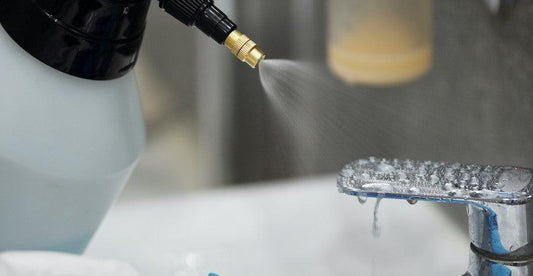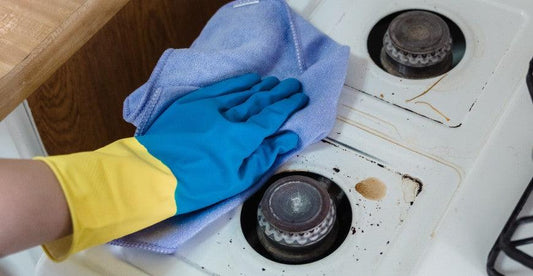News

De Voordelen en Toepassingen van Gedestilleerd ...
De Voordelen en Toepassingen van Gedestilleerd Water: Een Uitgebreide Gids In deze uitgebreide gids verkennen we de voordelen en toepassingen van gedestilleerd water. We leggen uit wat gedestilleerd water is...
De Voordelen en Toepassingen van Gedestilleerd ...
De Voordelen en Toepassingen van Gedestilleerd Water: Een Uitgebreide Gids In deze uitgebreide gids verkennen we de voordelen en toepassingen van gedestilleerd water. We leggen uit wat gedestilleerd water is...

De Ultieme Gids voor Waterglas: Eigenschappen, ...
De Ultieme Gids voor Waterglas: Eigenschappen, Toepassingen en Voordelen Waterglas, ook bekend als natriumsilicaat, is een veelzijdige stof die in verschillende industrieën en toepassingen wordt gebruikt. In deze blogpost zullen we...
De Ultieme Gids voor Waterglas: Eigenschappen, ...
De Ultieme Gids voor Waterglas: Eigenschappen, Toepassingen en Voordelen Waterglas, ook bekend als natriumsilicaat, is een veelzijdige stof die in verschillende industrieën en toepassingen wordt gebruikt. In deze blogpost zullen we...

Borax oftewel natriumtetraboraat: ontrafeling v...
Borax oftewel natriumtetraboraat: ontrafeling van de feiten en fabels achter dit veelgebruikte huishoudelijke ingrediënt Je hebt misschien de term wel eens horen vallen borax poeder of natriumtetraboraat. Het wordt...
Borax oftewel natriumtetraboraat: ontrafeling v...
Borax oftewel natriumtetraboraat: ontrafeling van de feiten en fabels achter dit veelgebruikte huishoudelijke ingrediënt Je hebt misschien de term wel eens horen vallen borax poeder of natriumtetraboraat. Het wordt...

Ontvetten! Hoe werkt dat nou precies en welke m...
De ultieme gids voor ontvetten: tips, trucs en aanbevolen middelen Voor veel klussen in huis of buitenshuis zul je moeten ontvetten. Het is handig om te weten welke middelen je...
Ontvetten! Hoe werkt dat nou precies en welke m...
De ultieme gids voor ontvetten: tips, trucs en aanbevolen middelen Voor veel klussen in huis of buitenshuis zul je moeten ontvetten. Het is handig om te weten welke middelen je...

Kaliumjodide het bestandsdeel van jodium tablet...
Kaliumjodide het bestandsdeel van jodium tabletten. Vanwaar de explosieve vraag? Kaliumjodide ook wel potide genoemd. De verkoop van kaliumjodide is de afgelopen maanden explosief gestegen. Dit heeft te maken met...
Kaliumjodide het bestandsdeel van jodium tablet...
Kaliumjodide het bestandsdeel van jodium tabletten. Vanwaar de explosieve vraag? Kaliumjodide ook wel potide genoemd. De verkoop van kaliumjodide is de afgelopen maanden explosief gestegen. Dit heeft te maken met...

De schoonheid van waterstofperoxide oftewel hyd...
De schoonheid van waterstofperoxide oftewel hydrogen peroxide: Cosmetische toepassingen onthuld Waterstofperoxide, ook wel bekend als hydrogen peroxide of zuurstofwater, is een veelzijdig chemisch middel met talloze cosmetische toepassingen. In deze blogpost zullen we...
De schoonheid van waterstofperoxide oftewel hyd...
De schoonheid van waterstofperoxide oftewel hydrogen peroxide: Cosmetische toepassingen onthuld Waterstofperoxide, ook wel bekend als hydrogen peroxide of zuurstofwater, is een veelzijdig chemisch middel met talloze cosmetische toepassingen. In deze blogpost zullen we...
